Elites and Democratic Consolidation in Latin America and Southern Europe
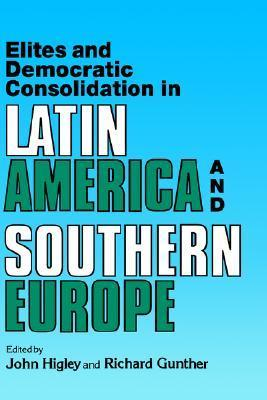
Summary
Employing a framework that focuses on the actions and choices of elites in creating consolidated democracies, a distinguished group of scholars examines Argentina, Brazil, Chile, Colombia, Costa Rica, the Dominican Republic, Italy, Mexico, Peru, Portugal, Spain, Uruguay, and Venezuela. Without ignoring the roles of mass publics and institutions, the authors conclude that in independent states with long records of political instability and authoritarian rule, democratic consolidation requires the achievement of elite "consensual unity"--that is, agreement among all politically important elites on the worth of existing democratic institutions and respect for democratic rules-of-the-game, coupled with increased "structural integration" among those elites.
Similar Books
-
 Democracy and Authoratarianism in South Asia
Democracy and Authoratarianism in South Asiaby Ayesha Jalal
-
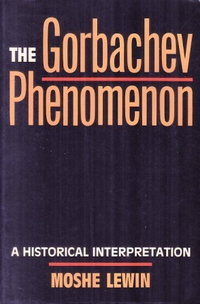 The Gorbachev Phenomenon: A Historical Interpretation
The Gorbachev Phenomenon: A Historical Interpretationby Moshe Lewin
-
 The Gorbachev Phenomenon : An Historical Interpretation
The Gorbachev Phenomenon : An Historical Interpretationby Moshe Lewin
-
 States, Ideologies, and Social Revolutions
States, Ideologies, and Social Revolutionsby Misagh Parsa
-
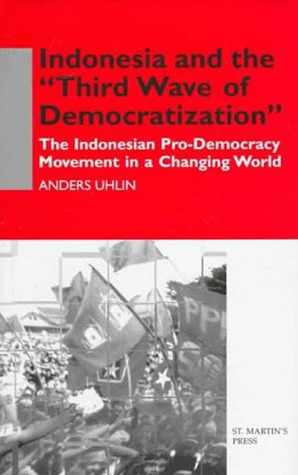
-
 Workers&State New Ord Indones
Workers&State New Ord Indonesby Vedi R. Hadiz
-
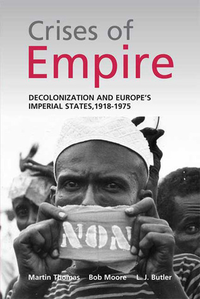
-
 1968: The World Transformed
1968: The World Transformedby Carole Fink
-
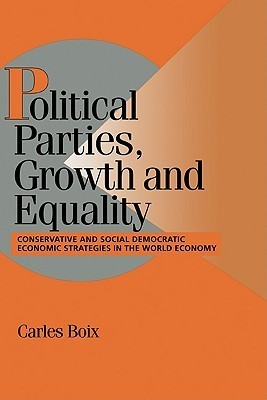
-
 Nationalism and its Futures
Nationalism and its Futuresby Umut Özkırımlı
-
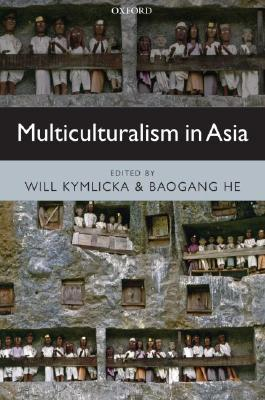 Multiculturalism in Asia
Multiculturalism in Asiaby Will Kymlicka
-
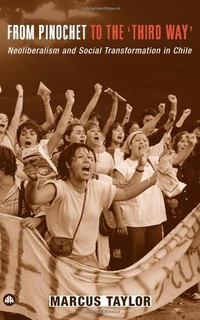
-

-

-
 The Politics of Memory: Transitional Justice in Democratizing Societies
The Politics of Memory: Transitional Justice in Democratizing Societiesby Alexandra Barahona de Brito
-
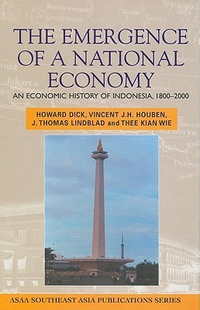
-

-

-
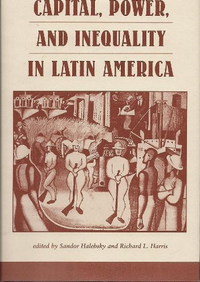 Capital, Power, And Inequality In Latin America
Capital, Power, And Inequality In Latin Americaby Sandor Halebsky
-
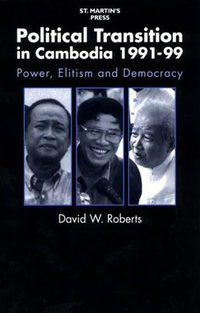 Political Transition in Cambodia 1991-99: Power, Elitism, and Democracy
Political Transition in Cambodia 1991-99: Power, Elitism, and Democracyby David Wesley Roberts
-
 The United States Contested
The United States Contestedby Sergio Fabbrini
-
 On Argentina and the Southern Cone
On Argentina and the Southern Coneby Alejandro Grimson
-

-
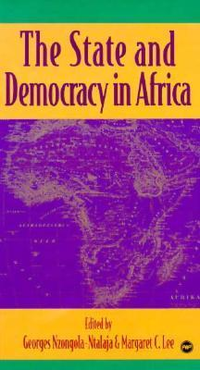 The State and Democracy in Africa
The State and Democracy in Africaby African Association of Political Science
-
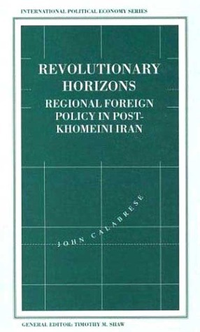 Revolutionary Horizons: Regional Foreign Policy in Post-Khomeini Iran
Revolutionary Horizons: Regional Foreign Policy in Post-Khomeini Iranby John Calabrese
-
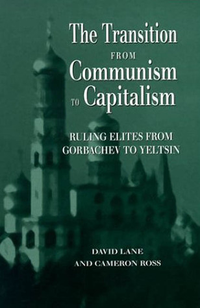 The Transition from Communism to Capitalism: Ruling Elites from Gorbachev to Yeltsin
The Transition from Communism to Capitalism: Ruling Elites from Gorbachev to Yeltsinby David Stuart Lane
-
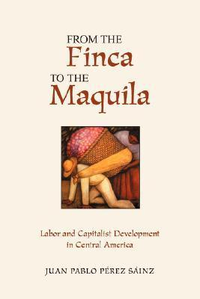
-
